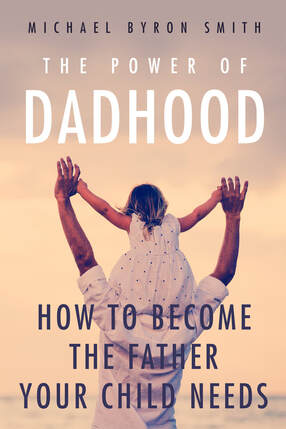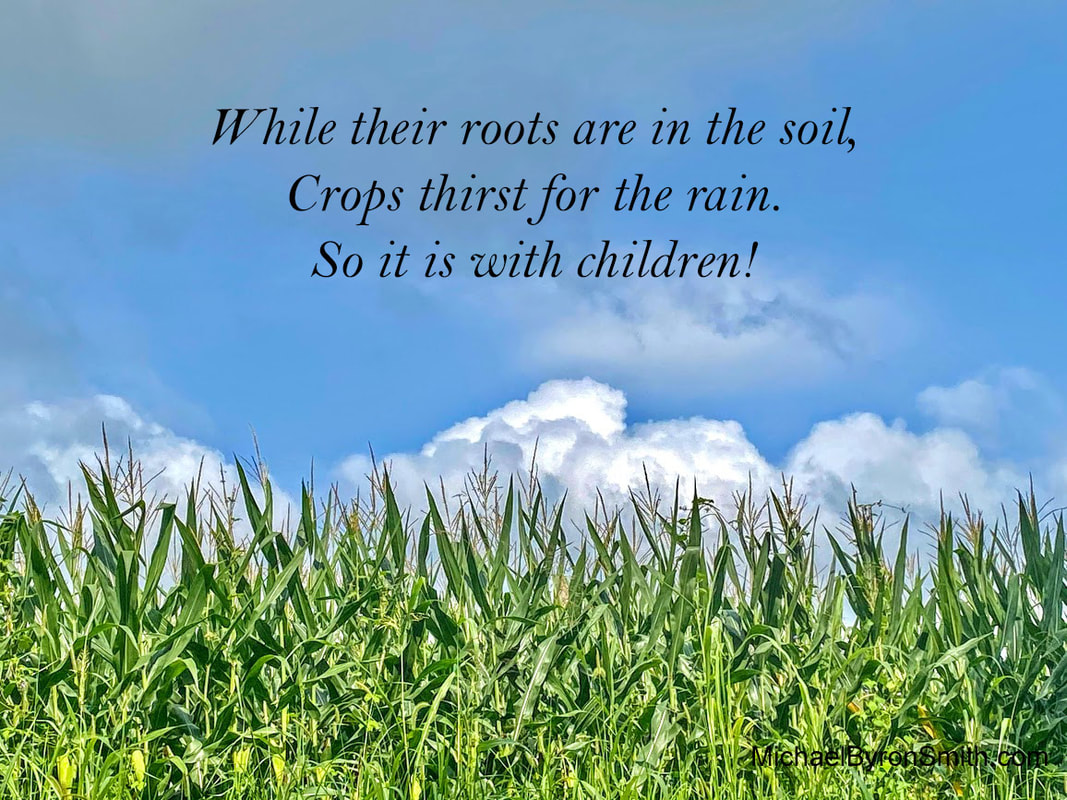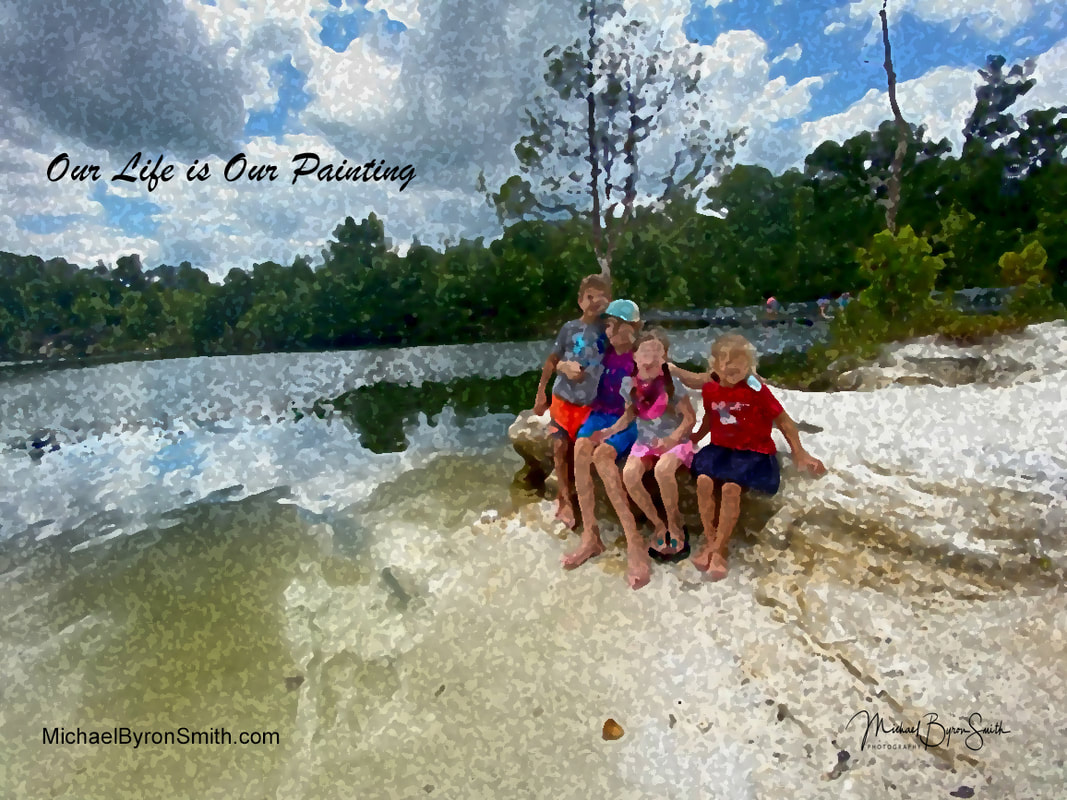
As a parent, I suggest you ask your preteen and teen children to name their favorite 'Social Influencers.' They have them, whether they know it or not. These appointed or self-appointed 'know-it-alls' are found on Twitter, Facebook, YouTube, Snapchat, etc. Not all of them are negative, many are positive, but they are all biased in good and bad ways. Influencers are like commercials for opinions and thought.
You may know some, if not all, of your children's 'non-media' influencers. Some are good, like most teachers and well-adjusted friends. Others are bad, from troubled kids to sketchy relatives to bad parents. But you may be clueless about these semi-celebrity influencers. They don't have to be famous to you to be influencers - and many are not. I'm not even sure how they come to be influential except that they stand out in some way.
Don't take chances with your kids' futures. Know who is telling them what to think and do! After all, parents should be the most influential people in their children's lives, assuming they do it correctly. Areas of parental influence include being responsible, showing respect, and preparing for their futures. But parents must give time and effort to understanding their roles in bringing up children to be responsible adults.
To be that positive and nurturing parent, take care to balance your parenting skills. I list the following to help you reconsider your parenting methodologies. Are you guilty of any of these?
- Too much making rules and not enough enforcing rules.
- Too much protection and not enough exposure.
- Too much explaining and not enough letting them figure it out.
- Too much mom and not enough dad.
- Too much punishment and not enough discipline.
- Too much reaction and not enough patience.
- Too much helping and doing for them and not enough instruction.
- Too much routine and not enough special times.
- Too much getting and not enough giving.
- Too much 'unearned' praise and not enough challenges.
- Too much idle time and not enough constructive time. (Some families)
- Too much activity and not enough family time. (Other families)
- Too much giving what kids want and not enough giving what they need.
- Too much saying and not enough doing.
- Too much media and not enough discussion.
- Too much trust and not enough verifying.
- Too much fixing and not enough prevention.
- Too much enabling and not enough character building.
- Too much day-to-day and not enough one-on-one.
And lastly, do you have too little understanding of your children and what appeals to them? Know their influencers and what your children hear from them. This point gets too little attention and can cause significant harm to your children and harm your relationship with them.















